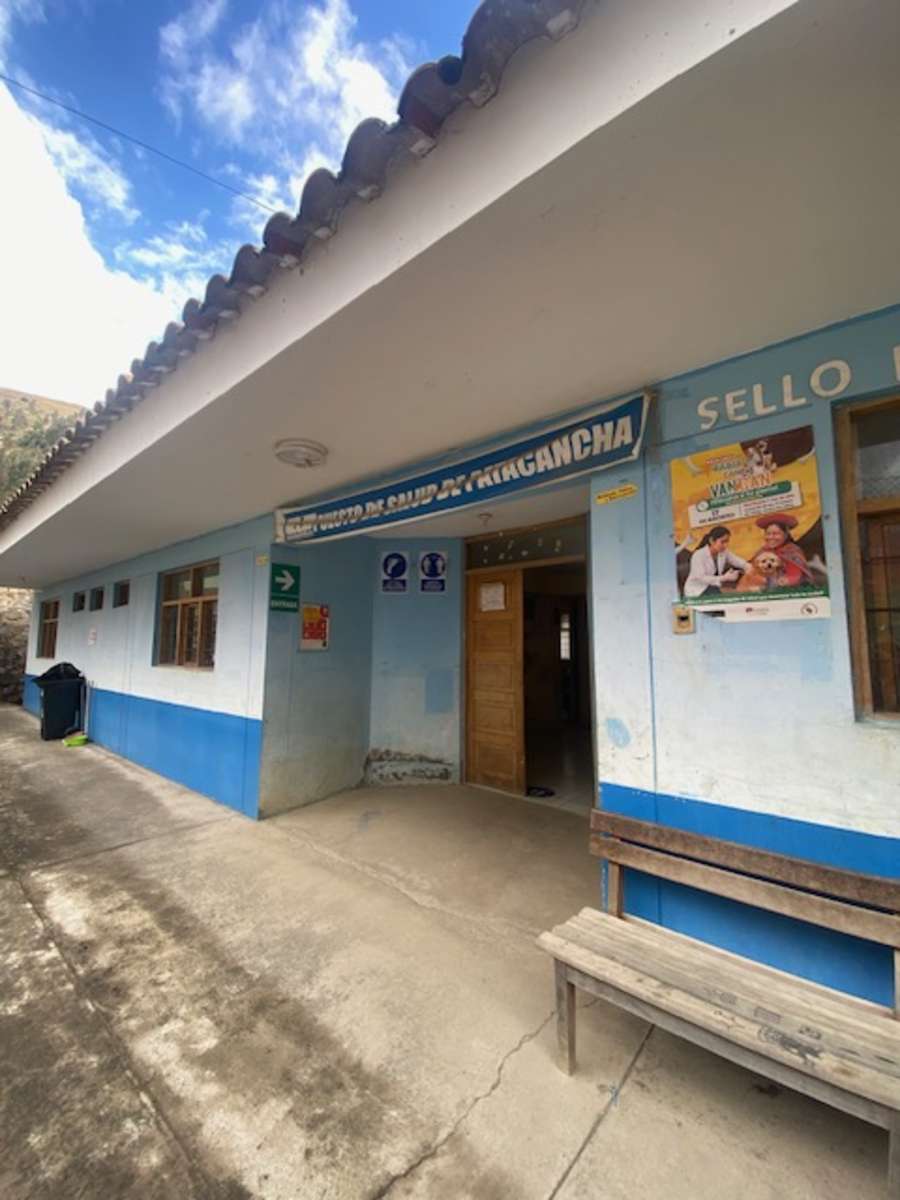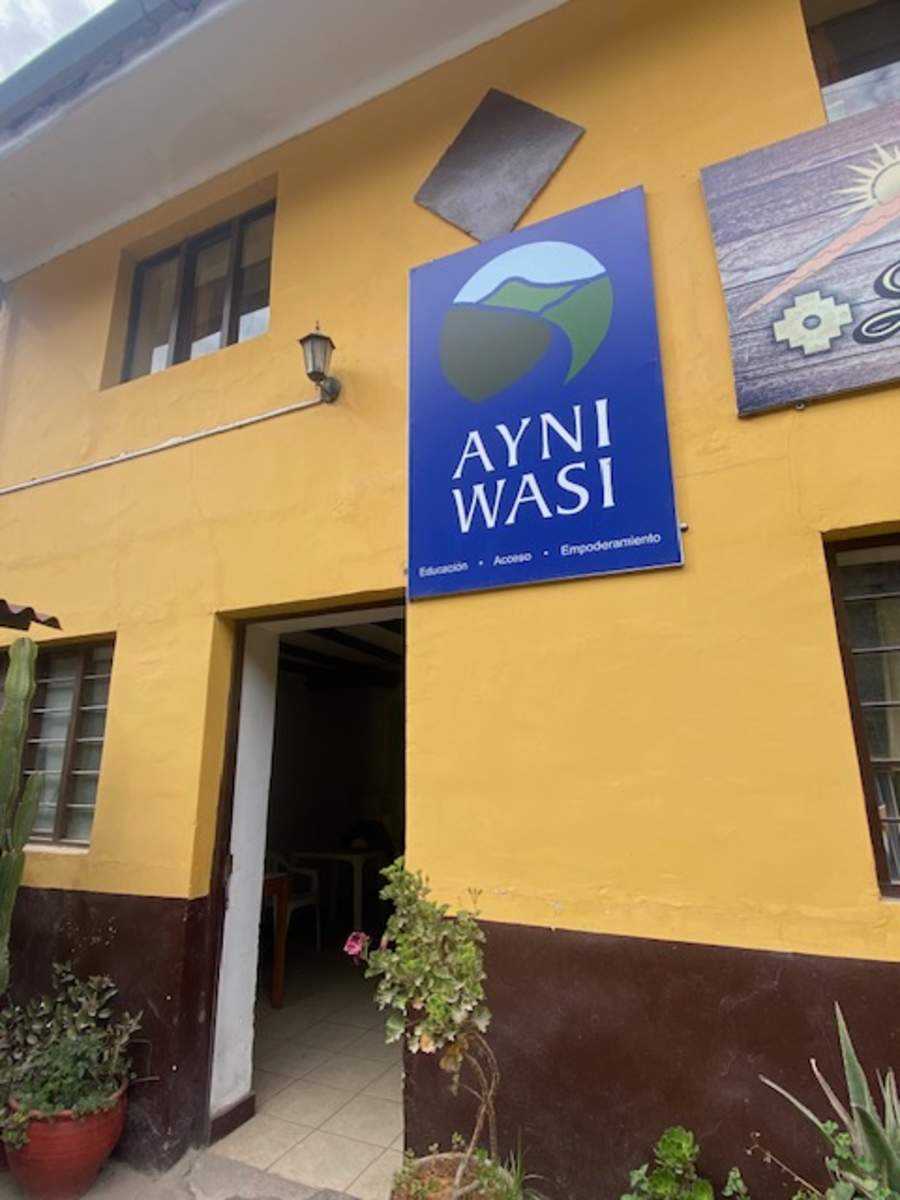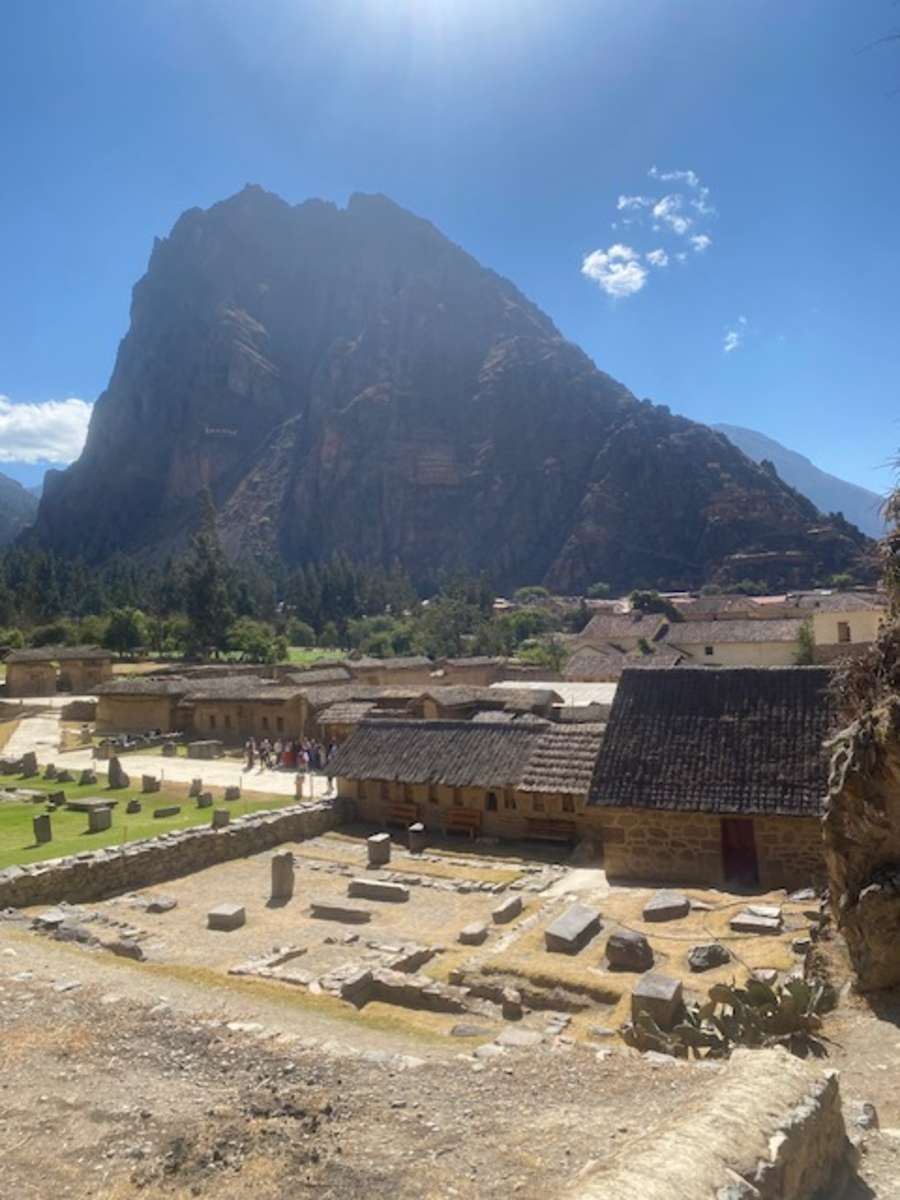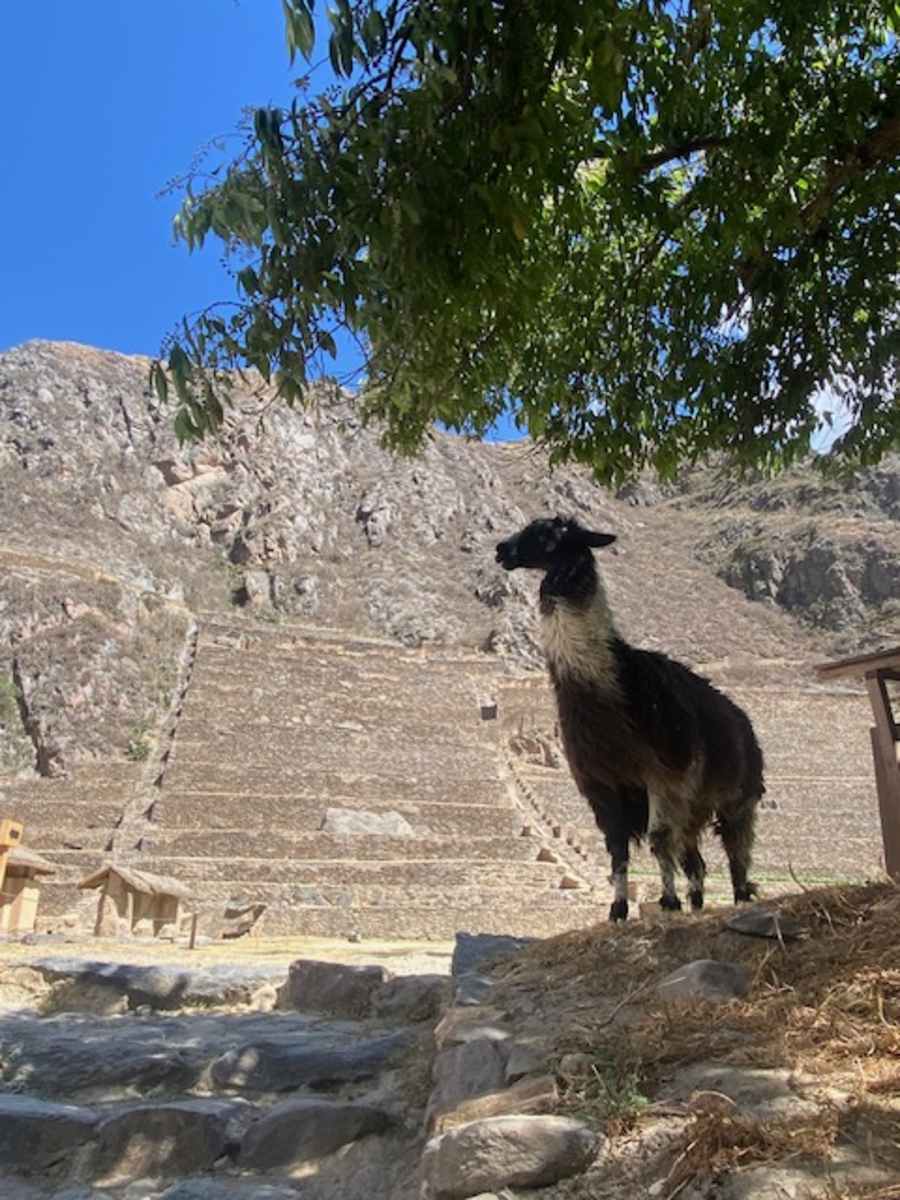Through Sacred Valley Health’s 16-day medical immersion program in Peru, I plan to engage in a multifaceted cultural and clinical exchange that will deepen my understanding of healthcare disparities in rural, resource-limited settings. My project involves participation in Sacred Valley Health’s Visit & Learn Program in Peru, where I will engage with local community health workers, shadow providers in rural and high-Andes clinics, and explore culturally rooted approaches to health. Through this experience, I aim to strengthen my understanding of healthcare delivery in under-resourced settings while learning directly from community-based models that empower local community members to become health leaders.
The population served through this project includes rural, Quechua-speaking communities in the Sacred Valley of Peru, many of whom face health disparities stemming from poverty, geographic, and systemic inequity. These communities often rely on community health workers, most of whom are women from the same villages, trained to educate and support their neighbors with limited external resources. I want to learn from this community because of the strength they have shown in the face of adversity, their deep cultural roots, their strong communal ties, and their enduring spirit of self-reliance, even as traditional healthcare systems have long overlooked them.
As someone raised in a low-income immigrant family, I connect personally with the struggles of navigating healthcare in environments with limited means. My shared language and cultural awareness position me to engage authentically with the community as a fellow advocate for health equity. I hope to learn from them as much as I contribute, particularly about the intersection of health education and community empowerment.This collaboration is rooted in mutual respect and aims to amplify the voices of those already doing the work. Ultimately, the knowledge I gain will equip me to better serve similar populations, both internationally and within underserved areas in my home country.
This experience will have a lasting impact on my personal development, medical training, and professional mission. In the immediate term, I will contribute to Sacred Valley Health’s mission not only by participating in their programs and supporting their work, but also by connecting with community health workers and residents in ways that are grounded in mutual understanding. Having grown up within a culture that values resilience, family, and resourcefulness in the face of adversity, I recognize and deeply respect the strength within these communities. I hope to build trust through shared experiences, listen with humility, and contribute to a collaborative exchange that honors their voices while enriching my approach to care.
Upon my return, I will integrate what I have learned into my ongoing clinical education and advocacy. This includes sharing my experience with fellow residents and faculty, promoting global health perspectives in academic settings, and pushing for greater inclusion of community-based approaches in clinical practice. I will also seek out opportunities to work with immigrant and underserved populations whose experiences may mirror those of the Peruvian communities I will have connected with.
Long term, this project will shape my approach as a physician who aims to deliver care with cultural humility, compassion, and a deep understanding of social determinants of health. I plan to work in initiatives that serve marginalized communities, drawing on the inspiration and models I encounter in Peru. The values of empowerment, equity, and partnership that I learn through this immersion will guide my career in global health and ensure that the impact of this trip extends far beyond its 16 days.










During my time in the Sacred Valley, I had the privilege of learning from the promotoras and healthcare providers of Ayni Wasi, or Sacred Valley Health, an organization that brings care to remote Quechua-speaking communities. Through visits to local clinics and health centers, I saw how healthcare in these regions is shaped by geography, language, and access. In Ollantaytambo, I visited a health center that provided preventive services as well as limited inpatient care, serving patients from neighboring villages. I also visited a more remote community staffed by a single nurse who provided vaccinations and basic care. Traveling through mountainous terrain to reach these areas was a reminder of the barriers many residents face simply to receive medical attention.
What stood out most was the sense of collective responsibility that defines health in the Sacred Valley. The promotoras’ dedication and the community’s spirit of reciprocity, or ayni, showed how local leadership and cultural knowledge can transform care delivery. These women volunteer their time to serve their communities, teaching about hygiene, nutrition, and safe water and cooking practices, and conducting home visits that make a tangible difference in people’s lives. The training programs are intentionally designed for the communities they serve, with manuals that rely heavily on photos and visual tools to ensure accessibility for those who may not read or write.
Ayni Wasi empowers communities to lead healthier, safer lives by centering education, sustainability, and local voices. Learning about their work deepened my understanding of the Peruvian healthcare system and the strength of campesino communities. This experience continues to shape how I think about medicine, reminding me that equitable, compassionate care begins with partnership, humility, and deep respect for the people we serve.